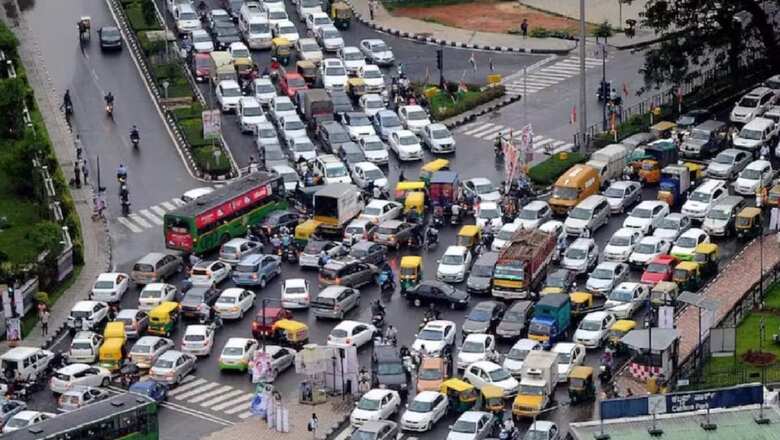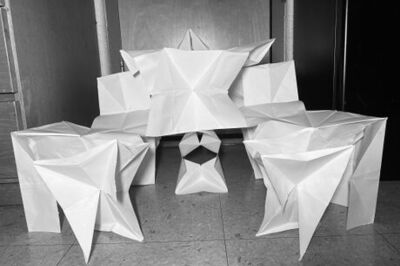
views
Bengaluru, the IT capital of India is best known for its fast life and mind-boggling traffic. Recently, the city’s traffic is considered one of the major or slowest traffic nationwide. Now, a study has been released, under which it has been claimed that Bengaluru suffers nearly Rs 20,000 crore per year from the situations created by traffic such as congestion, delays, stoppage at signals, loss of time and fuel loss, among others.
Loss of Money Due To Traffic-Related Issues
The study has been reported by a traffic expert and government advisor for smart city transportation, M N Sreehari and team. In the deep study, He says that Bengaluru has lost somewhere around Rs 19,725 crore for road users.
Sreehari says, regardless of having 60 fully functional flyovers in the smart city, a huge amount of loss has been faced due to congestion, delays, continuous stopping at signals, interference of slow vehicles with fast running ones, loss of fuel while waiting at signals, loss of vehicle’s time when converted into money based on salaries of road users, among more.
Ideas of Roads in Bengaluru
Sreehari also suggested that in order to avoid road congestion and traffic, a city that is evolving in a very positive manner, needs ring roads, and radial roads, with particular models including outer ring roads, Peripheral Ring Road, and Satellite Town Ring Roads on a distance of every 5 km.
Growth In IT Sector
It has been reported that the sudden enhancement in the IT sector’s employment somehow developed the linked amenities including housing and education, which resulted in remarkable growth of population in the sector and the number of vehicles.
The report says Bengaluru has been grown in size from 88 square kilometers to 985 square kilometers this year, and the number likely to climb in the future.

















Comments
0 comment